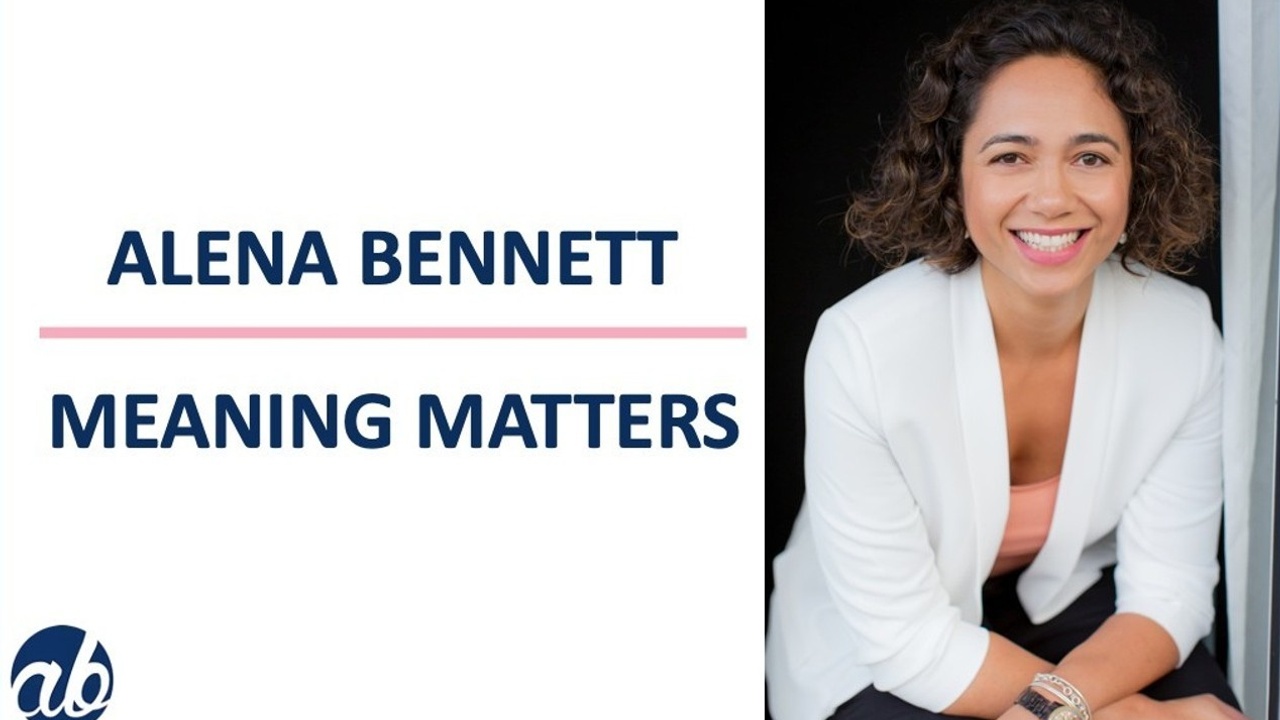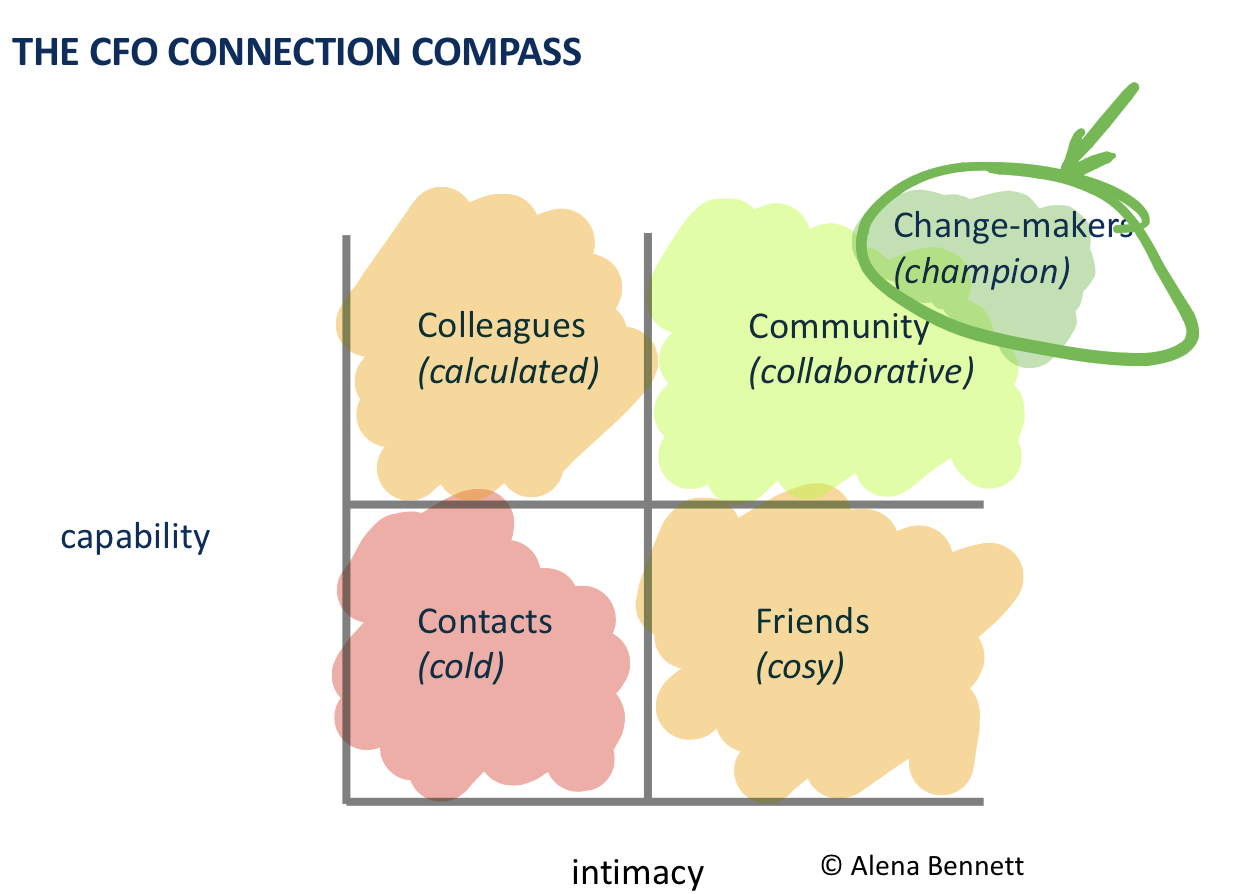In the CFO boardroom yesterday, I launched The CFO Social System and we discussed the research and work of neuroscientist, Matthew Lieberman as described in his book, Social, and ted talk here. He challenges Maslow's heirarchy of needs theory and posits (and proves through his research and fmri studies) that we are first and foremost social beings and therefore our – albeit underutilised - superpower is our ability to utilise our social brain.
Studying the parts of the brain activated when a person is subject to physical and social pain, Lieberman's studies have proven that social pain is equally as painful as physical pain. And that as innately social beings, we are wired to help people in social pain.
How CFOs respond to social pain – it's not what you think
This got me thinking about the problems I commonly hear from my CFOs:
• I'm in firefighter mode – trying to help my business through the latest crunch time
• I want to be there to help my team, so I'm happy for now to roll my sleeves up to get them across the line
• The most important thing for me is my family and health, but I still struggle with time and don't have work/life balance
• I'm not valued – I know I can give more but they don't seem to want my help. How can I get my seat at the table and show them?
Guess what? These are all social problems.
Take a look at the CFO journey below:
However, I look at the best CFOs. CFOs that can rightly brand themselves as being Partners and Playmakers for the most part. They also fall below the line into deliverer and firefighter. Not infrequently. It's not always because they don't have the capability. It's a result of their desire to help. To solve the pain of their CEO, their stakeholders, their team.
The Social Kryptonite for CFOs
It's a CFO's will to help take the pain away that encourages them (at a subconscious level) to burn the midnight oil to get the deal done, to cancel once again on dinner plans to help out their team and to work through the family holiday to help get the Board over the line.
When a CFO isn't able to help, to achieve the goals that are needed for the business to thrive or valued makes them feel like they've been punched in the stomach, or been rejected after a second date or an interview gone bad.
So what? Should CFOs not be social?
No. The answer lies in Lieberman's conclusion. CFOs need to know how to utilise their strength as a superpower.
I've said it before:
Being a CFO is a people job. Most people think it's a numbers job, but it's actually about the people. It's stuff that people do and people create that forms the basis of the numbers. What happens with those numbers (allocation of scarce resources) is determined through the decisions of people.
So while we should definitely not deprioritise ourselves or our own needs in the name of service, we need to know the levers to pull to achieve our outcomes. We need to use our social capabilities to elevate us.
Integrator: the level beyond Playmaker
There are some secret levels in the CFO journey that transcend Playmaker. The first one of these secret levels is Integrator. Being an integrator means integrating the best of our capability and expertise with the actions required to move forward in realising the vision we have for our future. It means doing things differently – like putting social first for maximum impact beyond the workplace. They recognise that social matters and that:


